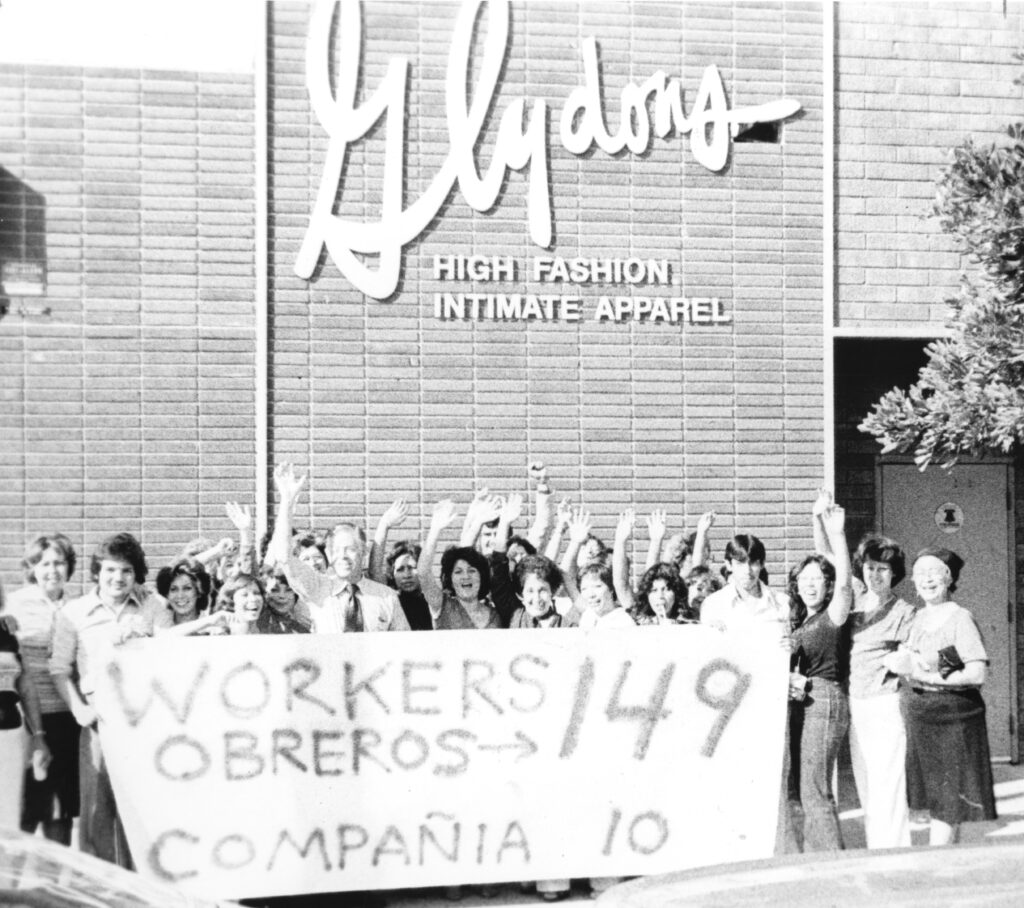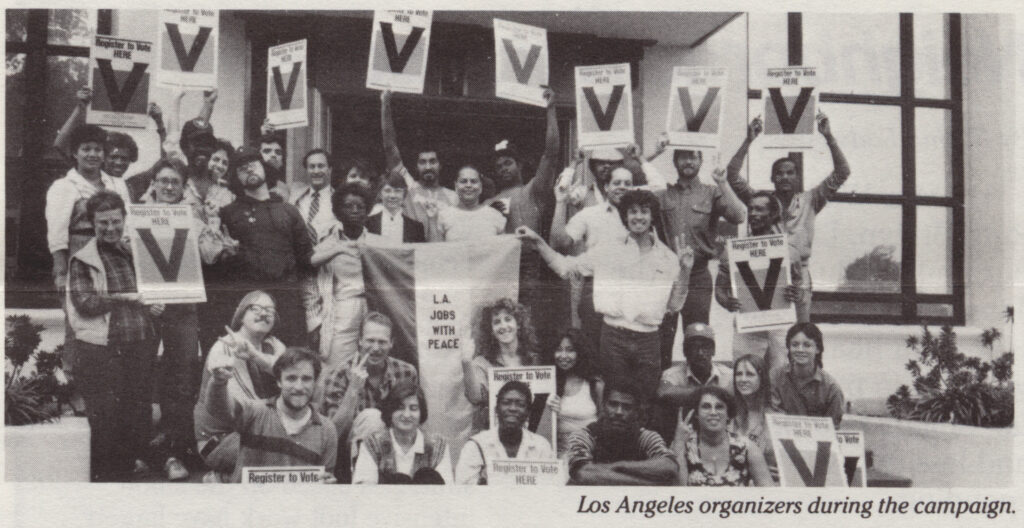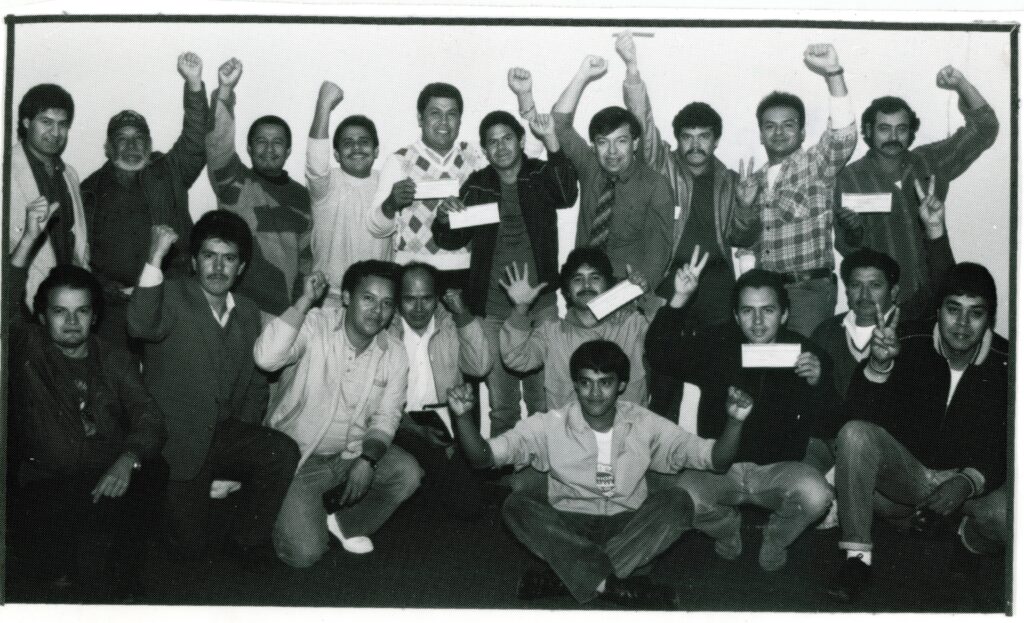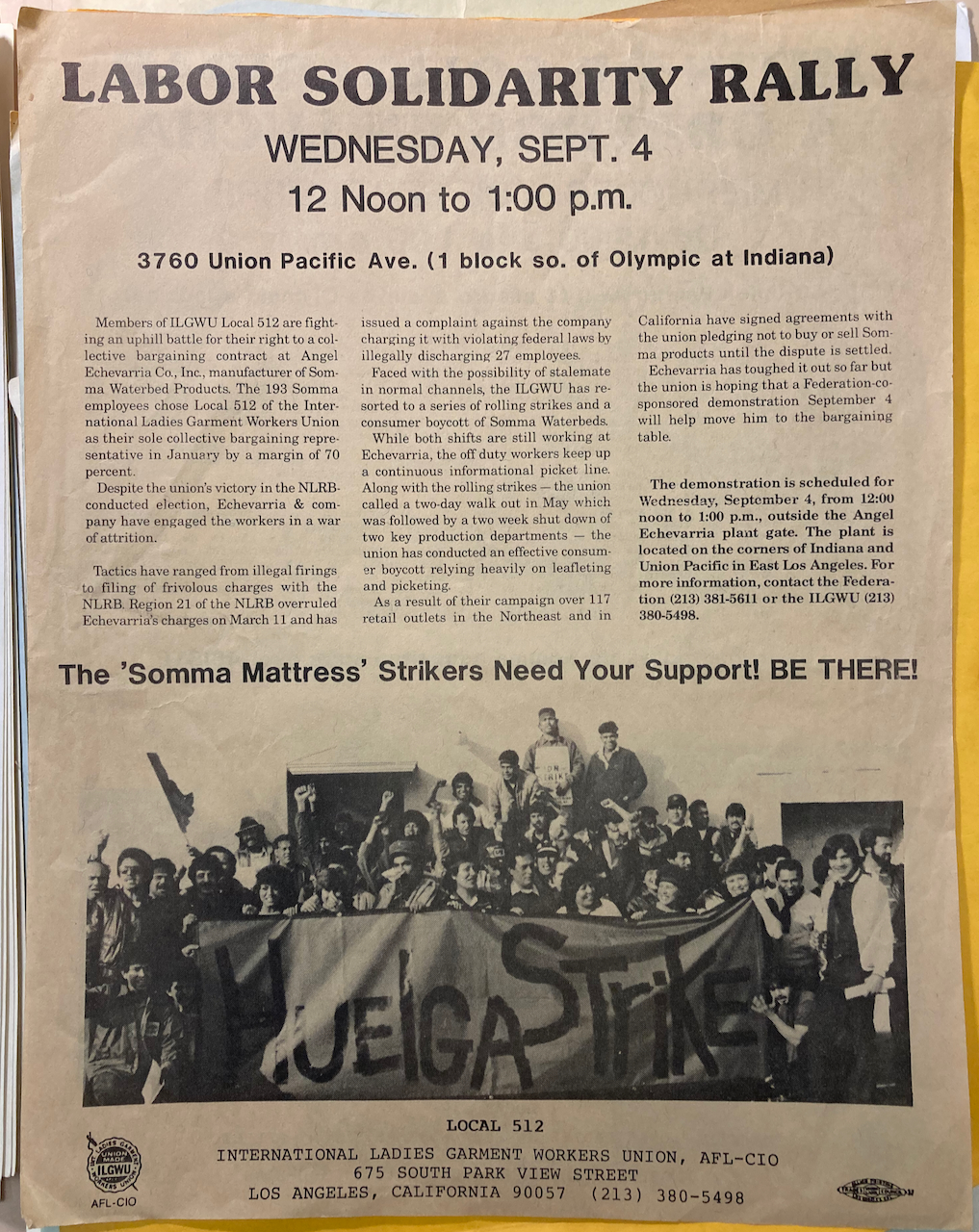Cristina Vázquez on the lessons of organizing immigrant workers in the 1970s
In 1976, when I started working for the ILGWU, we had several thousand members, but for ten years they had hardly organized a shop. The union had not paid much attention to the situation in L.A. … but then the ILGWU decided to bring an organizing director from back east, Phil Russo. He was an organizer himself and he had a vision. He thought there was a lot of potential here, and he said he was going to find and hire the best organizers. He started going to the universities and recruiting people who were active in political groups. He put a team together, and among them was my husband, Mario F. Vázquez, who had just graduated from UCLA law school after emigrating from Mexico at age 15. He saw this ad, “Organizers Needed at ILGWU.” At the time he was doing some volunteer work for CASA (Centro de Acción Social Autónomo), the Chicano pro-immigrant organization, writing and translating for its newspaper, Sin Fronteras [Without Borders], and doing all this political work.

“This union was in front of the fight against employer abuses in the immigrant community”
–Cristina Vázquez



